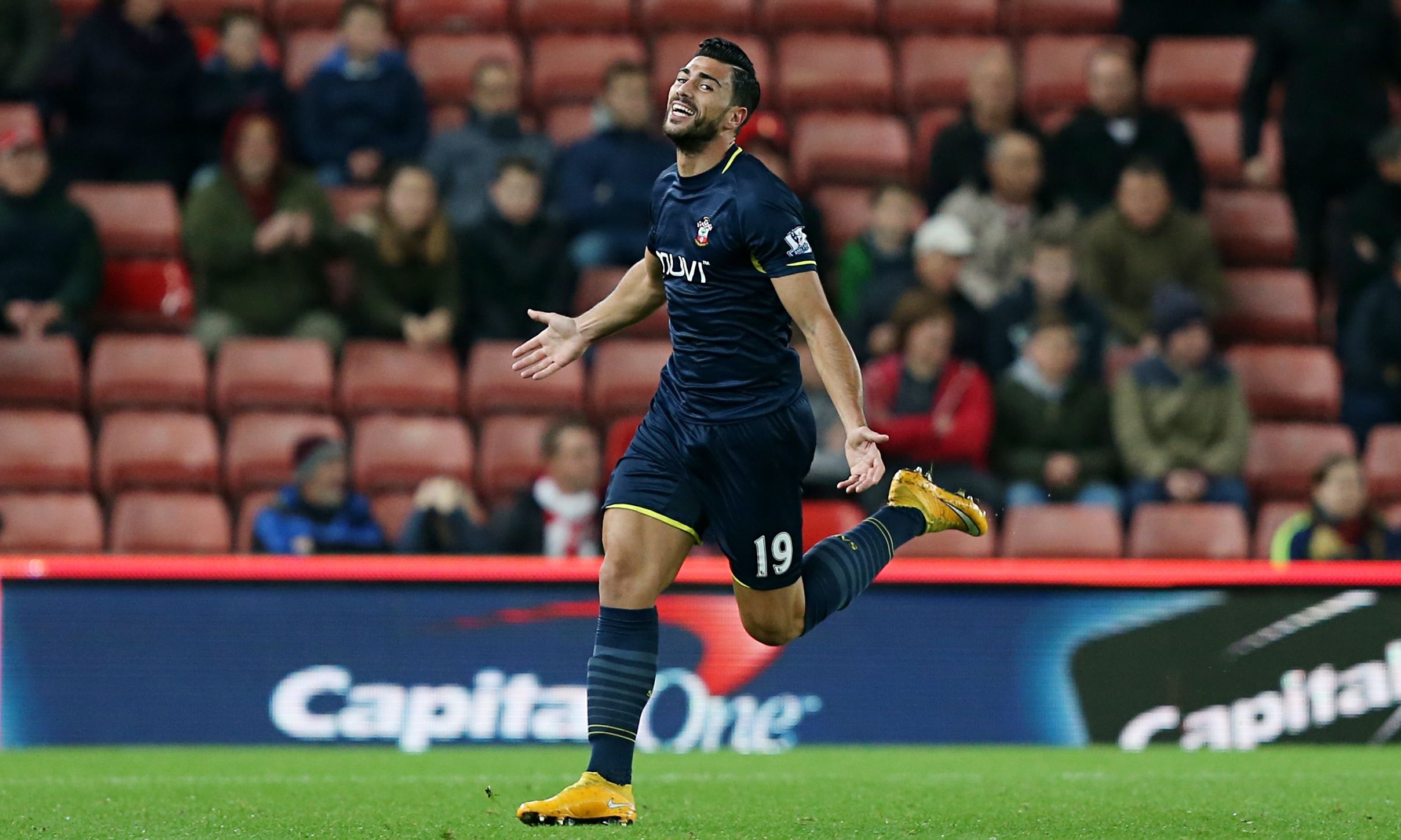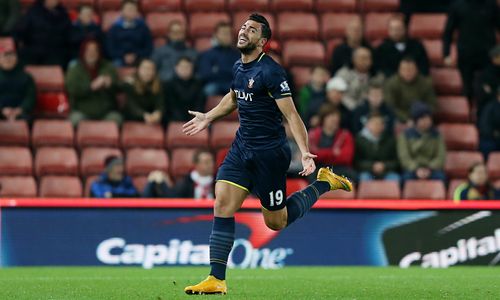
Capital One Cup's status as a low priority competition is unjustified and unreasonable

So Ronald Koeman took the Capital One Cup seriously. That’s good. And Alan Pardew didn’t but still emerged triumphant. That’s weird.
For so long, the Capital One Cup has been a competition where young stars are provided a platform to impress and to shine, not that that is entirely bad. It’s a competition where Premier League managers rest their ‘big guns’ for the league and display an array of quality on the bench.
An example? Pardew’s Newcastle team that, somehow, managed to beat Manchester City quite comfortably. Rob Elliot, Daryl Janmaat, Fabricio Coloccini, Paul Dummett, Massadio Haidara, Ryan Taylor, Mehdi Abeid, Jack Colback, Gabriel Obertan, Adam Armstrong and Rolando Aarons started at the Etihad Stadium.
Aarons was great, scoring one and constantly running at the City defence. Colback impressed, organising Newcastle’s midfield and helping his side retain their compact shape and limit City space to assert their genius. Elliot made a few respectable saves, most notably when he dived acrobatically to his right to thwart a powerful drive from Yaya Toure. Janmaat assumed a buccaneering role as right-back, tirelessly embarking on sprints down the right channel.
So it wasn’t too bad. But where was Tim Krul? Where was Moussa Sissoko for 64 minutes, the France midfielder ultimately replacing Janmaat and sealing Newcastle’s historic victory? Where was Yoan Gouffran? Ayoze Perez? Remy Cabella, the French bundle of skills and tricks? Emmanuel Riviere?
Compare Pardew’s sweeping changes, for an embattled manager coping with the strains of so much pressure, with those of Ronald Koeman, the Southampton manager. Fraser Forster, Nathaniel Clyne, Florin Gardos, Jose Fonte, Matt Targett, Morgan Schneiderlin, Steven Davis, Victor Wanyama, Shane Long, the potent Graziano Pelle and the majestic Dunsan Tadic started for Southampton in their 2-3 victory over Premier League rivals Stoke City at the Britannia Stadium.
It is refreshing to observe Koeman’s desire and respect for the Capital One Cup, making only four changes from the team that overcame Stoke in the Premier League. The Dutchman introduced fully Florin Gardos, a 26 year-old Romanian central defender, and Matt Targett, the highly-rated English left-back touted as Luke Shaw’s long-term replacement.
It should not be forgotten, however, of the value of the Cup competitions in developing youth, in providing a platform like no other in which to assert their talent, in which to make a name for themselves. The right balance must be found, though, and it seems Koeman is doing it right, setting a precedent other Premier League clubs should follow. The Capital One Cup is a competition of worth and unvalued prestige.
So what do you get for taking the Capital One Cup seriously? An encouraging progression into the quarter-finals of a major cup competition inspired by Pelle, the Italian scoring twice at the Britannia. And possibly, as Koeman hopes, silverware. “We like to win every game and we’d like to win a title,” said the Dutchman. “It’s maybe not the most important but maybe for us; yes, it is the most important.”
Premier League clubs, particularly those not participating in European competition, should follow Koeman’s reasonable lead. These are exciting times for Southampton, proudly occupying second in the Premier League and four points of leaders Chelsea.
It is also refreshing that Jose Mourinho fielded a formidable team at Shrewsbury Town on Tuesday, even with European competition and a Premier League title challenge to contend with. A plethora of City’s key stars, the likes of Yaya Toure and David Silva, started against Newcastle with matches of immense significance, against Manchester United and CSKA, looming.
Ask Swansea City whether the Capital One Cup serves a purpose, ask the club’s jubilant supporters. The Welsh club won the first major trophy in their history by overcoming Bradford at Wembley in 2012.
It’s status as a low priority competition is unjustified and unreasonable.